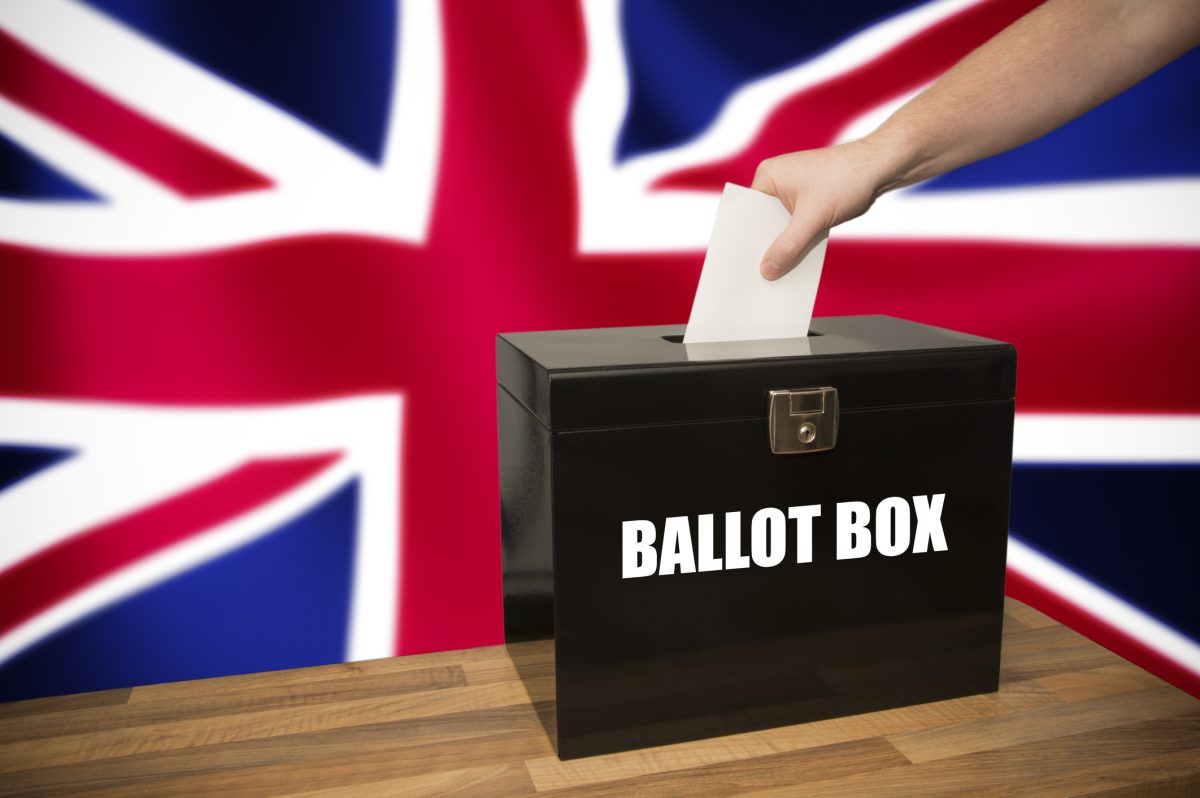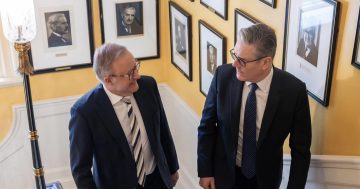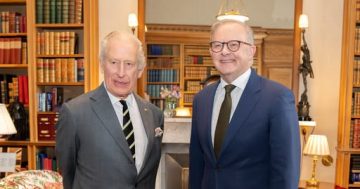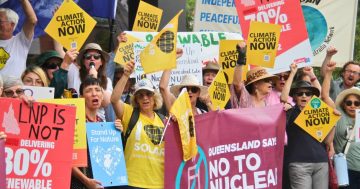
With a general election next year, Britons have just endured party political conference season. Photo: File.
Colin Chapman analyses the conferences of the Labour and Conservative Parties in the United Kingdom and suggests that with a General Election next year, the Tories are the ones who should be worried.
Britons have just observed (or endured) the annual party political conference season – ritualistic gatherings which bring together the party faithful to rally support for the policies they hope will win them the support of the electorate.
Traditionally, they were colourful, week-long affairs held in Britain’s seaside resorts. Memorable speeches and headline-grabbing gimmicks attracted international attention.
I remember Lord Hailsham, then the Tory Party Chairman, emerging fully clothed from the chilly seas off Brighton beach waving a large clanging bell, to draw the attention of passers-by to the Conservative event.
Such frivolity ended abruptly in 1984 when the IRA bombed the Grand Hotel in Brighton in a failed attempt to kill then Prime Minister Margaret Thatcher.
This year’s Tory conference in Manchester was a shambles. On its very eve, the government decided to axe the uncompleted parts of the high-speed rail link between London and Manchester, seen as a plank of the so-called levelling-up agenda for the north of England.
Instead of confirming the decision, Prime Minister, Rishi Sunak decided to withhold the formal announcement until his closing speech, generating a “will he? won’t he?” shadow over the entire conference.
The right wing received a boost from the appearance of Liz Truss, proclaiming the need for tax cuts and a return to “Tory values”.
It was a short and impactful speech after which she was besieged by supporters seeking a selfie or an autograph.
It was not clear whether the interest was due to her glitzy appearance, a desire for a brief moment with the shortest serving Prime Minister in British history, or a mix of the two.
Then came Rishi Sunak. His initial message was clear: Politics in Britain was a disgrace and had been so for the past 30 years, including the 13 years that the Tories had been in office.
He spoke for just over an hour. He came up with some fresh proposals, but none could be regarded as radical.
He plans to save substantial amounts of the National Health Service (NHS) budget by increasing the legal age for buying cigarettes in England by one year every year, so that children who turn 14 this year will never legally be sold a cigarette.
He also intends to alter the school leaving examination system with a new single Advanced British Standard examination to replace A-levels and T-levels, with more emphasis on maths and English, a move that will require the recruitment of thousands more teachers.
He scrapped the completion of the HS2 railway project, replacing it with funding for hundreds of small schemes across the country involving roads as well as railways, though without any specific timescale.
Across in Liverpool at the Labour Party conference the mood was entirely different – confident, with a wide-ranging agenda stretching over five days, compared with the Tories’ three.
There was also an air of nostalgia reminiscent of the days of New Labour.
Lord Mandelson prowled the corridors and wandered around; it was hard to realise that he was no longer the master of ceremonies as he glared at some of the few remaining supporters of former party chief, Jeremy Corbyn and hard-left trades union leaders.
This move to the right was even more pronounced in the fine speech by Rachel Reeves, the Shadow Chancellor of the Exchequer, who made it clear that if elected she would exercise an iron discipline on keeping inflation under control and borrowing extremely restrained.
Of course, the main event was what everyone had been waiting for, the keynote address by Sir Keir Starmer, the party’s leader.
No sooner had he stepped onto the stage than he faced an immediate test of character. A tall, shouting protester jumped on him, grabbing both shoulders; he winced as it took six seconds for his security detail to react and a further 30 seconds for them to remove the intruder from the stage.
Starmer recovered his composure immediately, cracking a joke before beginning a passionate, hour-long pitch for government.
Throughout, he was composed but not over-confident, reflecting the general mood of the Labour Party, targeting in particular disgruntled Conservatives and promising “a decade of national renewal” were he to be elected.
That renewal would include putting “country first and party second,” getting the NHS “off its knees” and immediately putting in place a major house-building program for 1.5 million new homes and the next generation of Labour new towns.
The most important of the strategic priorities he set out were a national wealth fund, long-term stability for researchers, investors, and innovators, a new direction on technical skills, and a push for clean British energy.
His audience liked what they heard, giving him not one but several standing ovations. It was an articulate speech, and the best I have heard from him, mixing passion and relevance with a determination to do things the right way, “the Labour way”.
To sum up, Starmer is confident, but not complacent. He looked like a winner, but a year is a long time in politics and he knows he still has a tough fight in the months ahead.
Colin Chapman is a writer, broadcaster and public speaker who specialises in geopolitics, international economics, and global media issues. This article first appeared on the Australian Outlook page of the Australian Institute of International Affairs.











